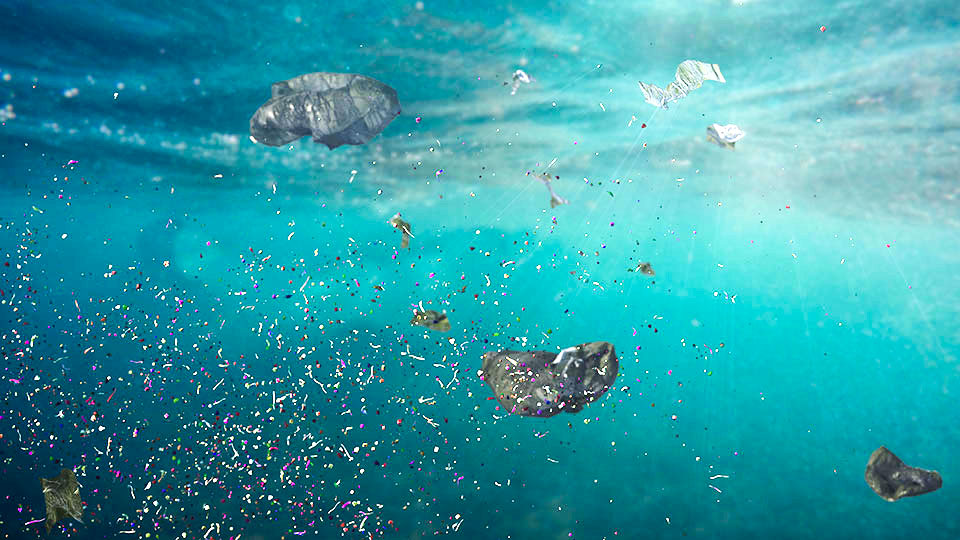
Tetra Tech is conducting a multifaceted, multiyear assessment of the risk of microplastics to fish in the tidal waters of the Potomac and Anacostia Rivers around Washington, DC.
Tetra Tech works closely with the U.S. Environmental Protection Agency, Chesapeake Bay Program, and Department of Energy & Environment to survey aquatic habitats, water column, and biological communities for microplastic abundance and type in the Chesapeake Bay watershed. Our experts developed a conceptual ecological risk assessment model for microplastics to better understand how microplastics reach striped bass in the Potomac River.
Benefits
- Developed an ecological risk assessment conceptual model for microplastics and striped bass
- Evaluating microplastic loadings in the coastal waters of Washington, DC and Potomac River
- Drafted a science strategy for the Chesapeake Bay Program for future microplastic research and monitoring
As part of the field effort to understand microplastic sinks—accumulations of deteriorated plastic debris in waterbodies—Tetra Tech is using our Leading with Science® approach to study the role submerged aquatic vegetation beds play in trapping microplastics in the Anacostia and Potomac Rivers and how these habitats may be a source of microplastics entering the coastal aquatic community food chain. Once in the food chain, microplastics can increase exposure and risk to various organisms that have both ecological and human health effects. Results from pilot studies have been presented to regional scientific societies to offer a better understanding of ecological implications of microplastics, develop policies to reduce plastic pollution, and launch the Chesapeake Bay Program’s Plastic Pollution Action Team (PPAT). Tetra Tech is working with the PPAT to use the work in the Anacostia and Potomac Rivers to develop a science strategy for microplastics for the Chesapeake Bay Program.